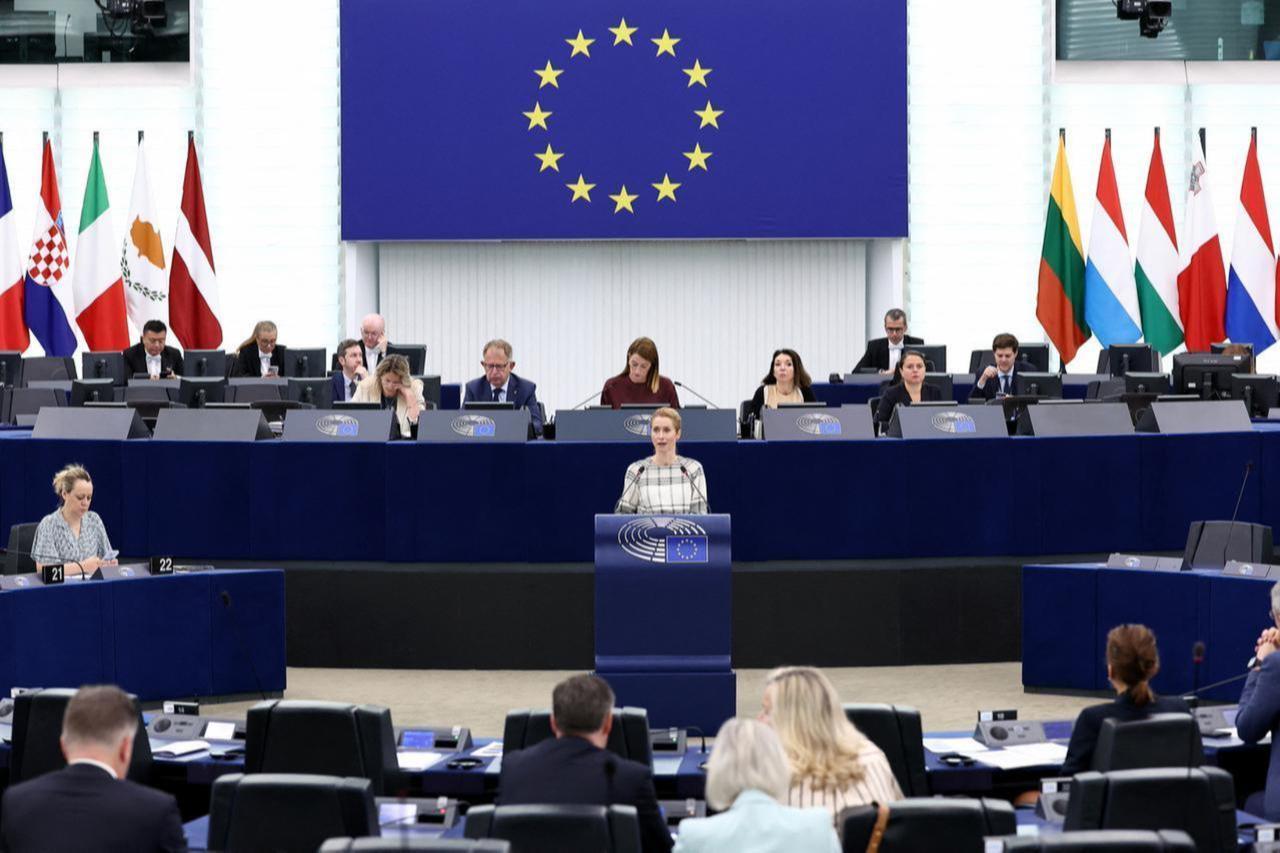
France's financial regulator warned it may block cryptocurrency firms licensed in other European Union countries from operating domestically, Reuters reported Monday, escalating tensions over how the bloc supervises digital assets under new landmark legislation.
The threat from France's securities watchdog, the AMF, represents the strongest challenge yet to the EU's "passporting" system, which allows financial firms authorized in one member state to operate across all 27 nations. Marie-Anne Barbat-Layani, the AMF's president, described such action as an "atomic weapon" that could undermine the single market but remains under consideration.

"We do not exclude the possibility of refusing the EU passport," Barbat-Layani told Reuters. "It's very complex legally and not a very good signal for the single market - it's a bit like the 'atomic weapon' ... but it's still a possibility we hold in reserve."
The AMF chief accused cryptocurrency platforms of engaging in regulatory arbitrage across Europe. "Crypto platforms are doing their regulatory shopping all over Europe, trying to find a weak link that will give them a licence with fewer requirements than the others," she said, without providing specific examples.
The dispute centers on MiCA, the EU's comprehensive cryptocurrency regulation that took effect this year. The legislation allows crypto companies to obtain licenses from individual member states and use them as "passports" to operate throughout the bloc.
However, the first months of implementation have revealed significant inconsistencies in how national regulators interpret and apply the rules. Malta's financial regulator faced particular scrutiny after an ESMA review found it failed to adequately assess risks when granting one unnamed crypto company a license.

In Monday's position paper, France joined Italy and Austria in calling for the European Securities and Markets Authority, based in Paris, to take direct supervision of major cryptocurrency firms. The three regulators cited "major differences in how crypto-markets are being supervised by national authorities" during MiCA's early implementation.
The push for centralized oversight faces resistance from some EU members, despite support from ESMA head Verena Ross. At stake is supervision of the multi-trillion-dollar cryptocurrency industry, which regulators globally warn could destabilize markets without proper oversight.
During the current transition period, Luxembourg has granted a license to U.S.-listed exchange Coinbase, while Malta authorized the Winklevoss-founded exchange Gemini.